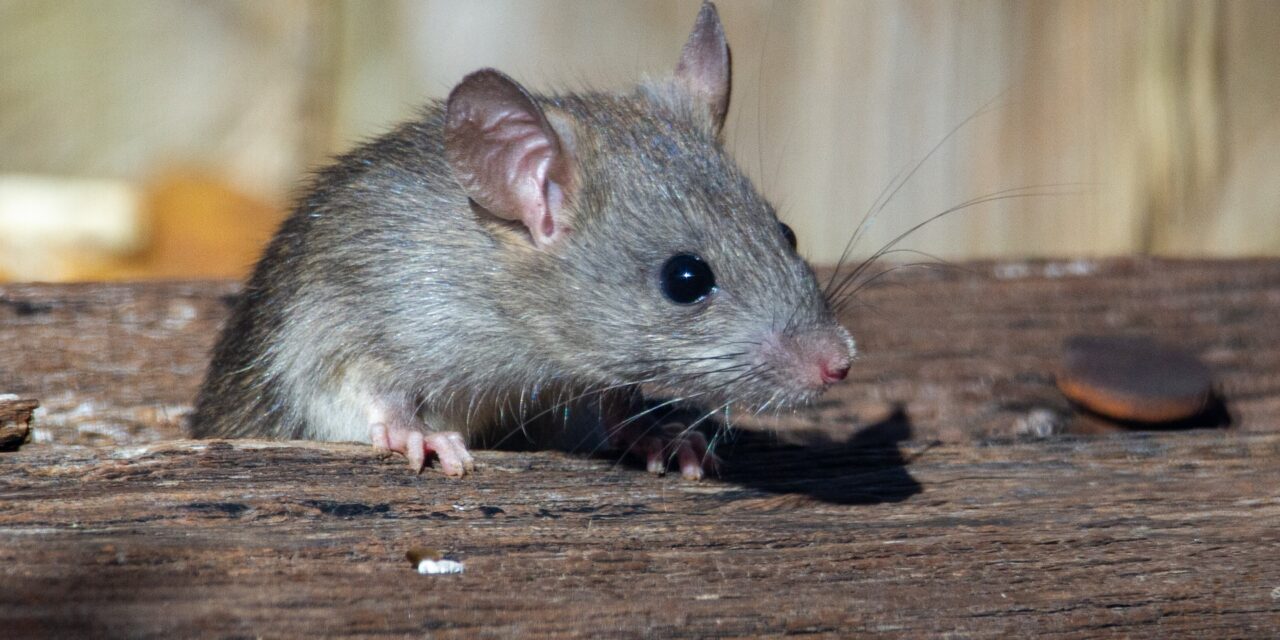For centuries rats have been considered a health hazard, and quite rightly so.
They spread disease and also damage stores of food and people’s homes. Their diseases can be potentially fatal, including Weil’s disease, Lassa fever and bubonic plague.
It’s possible to purchase professional quality poisons. However, you also still need a special licence if you want to use them outdoors, and they aren’t particularly friendly to other wildlife and the environment.
Rats have always been a problem throughout the UK and, indeed, all over the world. But the problem is about to get bigger as it has been discovered there is a new breed of rat in town.
Research conducted by the University of Huddersfield has uncovered rats 100% resistant to poisons bought over the counter.
Over the years, they’ve genetically evolved to no longer be affected by commonly available poisons such as Bromadiolone and Difenacoum.
So what’s to be done, then?
Read on to find out!
Challenges of controlling the intelligent ‘super rats’
Local council spending cuts and changes are not helping in the fight against these so-called “super rats”.
Fortnightly bin collections, and in some towns only once a month, mean there’s more rubbish lying around for longer periods, which is very attractive to rats and encourages their breeding habits.
Fly tipping has also become an increasingly serious problem in some areas as people are penalised if their rubbish collection exceeds a certain amount, leading them to be lazy and dump their rubbish down the local lane.Sadly, that’s one of the reasons why people will always require pest control services.
Many local councils don’t have any in-house pest control services, which they were once provided free of charge, leaving residents and local businesses to tackle the problem by other means. Many local councils have reduced street cleaning budgets, leading to rubbish piling up on the streets and turning things fast into a literal wasteland.
Now is the time for action to bring down the rodent population.
Rat traps are helpful but only work with one rat at a time. Worryingly, these highly intelligent vermin have discovered ways to steal food from these rat traps without getting caught. They have learnt to avoid touching the pressure plate inside, allowing them to steal away the food without suffering a broken neck.
Possible use of stronger rat poisons in the future
Decisions are currently being made behind closed doors by officials on whether to bring into use the more powerful rat poisons and by the end of the summer, their decision should have been made.
So, there’s an ongoing debate about whether these poisons are the most effective solution, and there are currently two opposing views.
On the one side are the environmentalists who say the poisons will do untold damage to other wildlife, and on the other side are the pro-poison camp who say this is the only way forward.
Which side of the fence you decide to sit on will depend on your own beliefs and experiences but as always, those making the decision need to know how we all feel. So if you feel strongly about the use of poisons, get in touch with your local authority to find out their position.
The impact of natural selection on rat behaviour and survival
The emergence of these “super rats” clearly illustrates natural selection at work.
As a fundamental mechanism in biology, natural selection tends to eliminate organisms that are less fit.
In this case, the mutation that led to poison resistance has enabled these rats to survive while their non-resistant counterparts have been eradicated by the poison. Consequently, resistant rats have thrived and become more prevalent in the population.
The impact of man-made structures on rat populations
Location is a key factor in determining the likelihood of a rat infestation.
Urban areas and developing cities tend to have a higher prevalence of rats. This is because of the abundance of buildings and homes that provide shelter and access to food sources like garbage and organic material.
This is what makes certain home repairs necessary, so to rodent-proof the property and avoid a rat infestation.
In contrast, there is a lower chance of encountering rats in rural areas, as there are fewer man-made structures for them to hide and find food.
However, even in rural areas, if food is left out, rats can still find it and cause an infestation.
How to keep your property rat-free
- To prevent rats from entering your home or garden, it’s critical to seal any gaps around pipes and under sheds, for they can squeeze through cracks and holes as small as 15mm. Simply use wire wool embedded in quick-setting cement to block potential entry points. Low-level gaps must be dealt with first, as those are the most likely areas for rodents to try to gain entry. Higher-up vents or openings should also be considered.
- Eliminating potential nesting sites is also crucial. Keep outdoor spaces clean and tidy too. Regularly cut back overgrown areas and clear any piles of wood or debris. Even compost heaps can become nesting sites, so protect them with wire mesh to prevent rodents from digging a harbour.
- Ensure drain inspection covers are in proper condition and any disused pipes are sealed off. To prevent rats from entering the sewer, consider fitting a one-way valve.
- If you feed garden birds, do so in moderation and use a bird table or feeder basket to catch any off-cast seed. If you live in an urban area, feed birds at dusk to eliminate an easy food source during normal feeding times.
- Cover any household waste where rats can access it, and close dustbin lids. Remember to wash recycling containers to remove any food residue.
In conclusion:
Rat infestations are a common problem in the UK, and they often remain undetected until significant damage has been caused. Signs of infestation include droppings and chewed items such as insulation, food, and cardboard, and they are most active at night.
Identifying and removing the food source is crucial to getting rid of rats. While there are do-it-yourself methods, it is often recommended to hire a professional rat control company. They have the necessary training and equipment to eliminate the problem quickly and effectively.


















